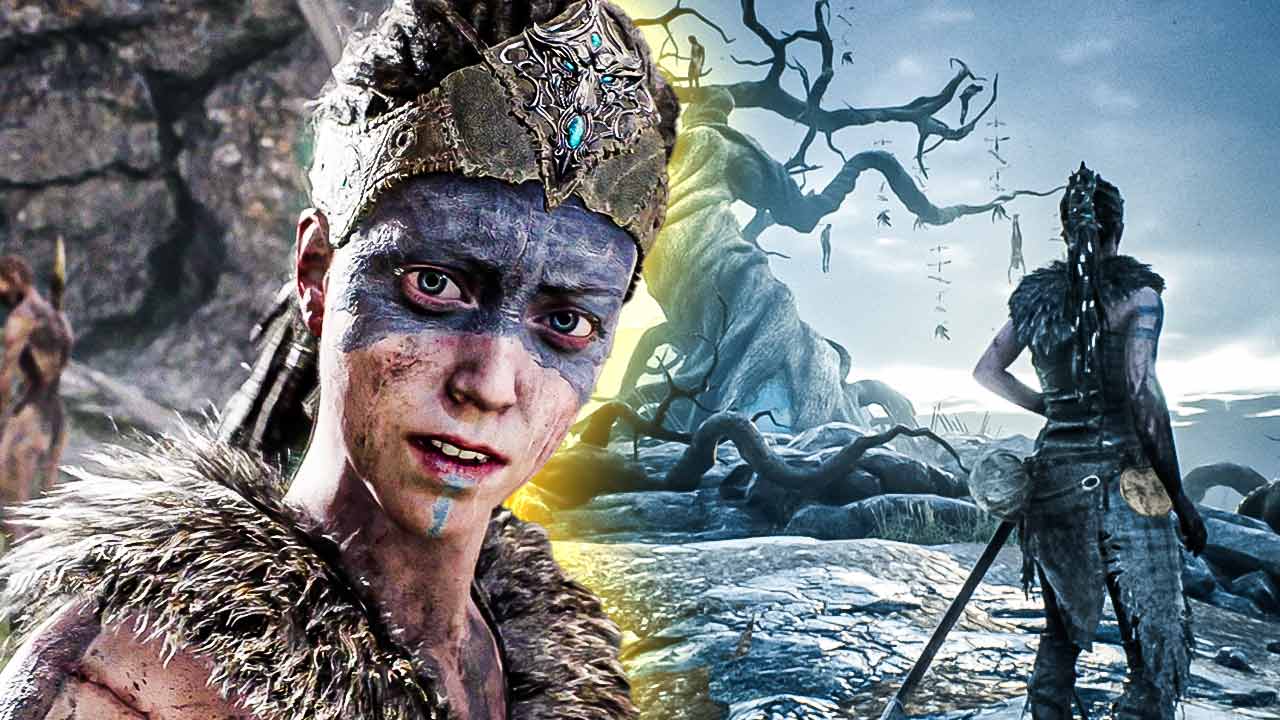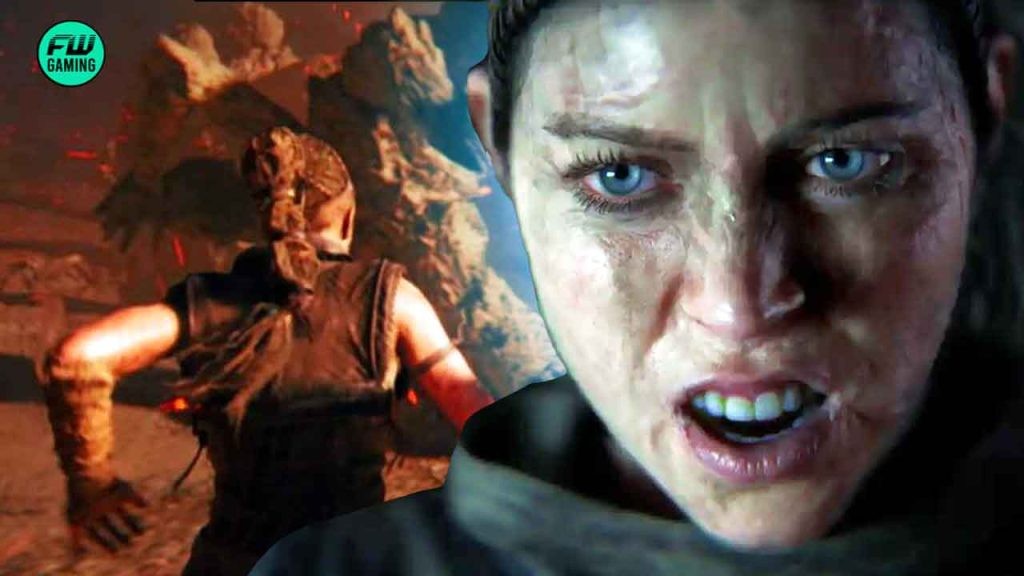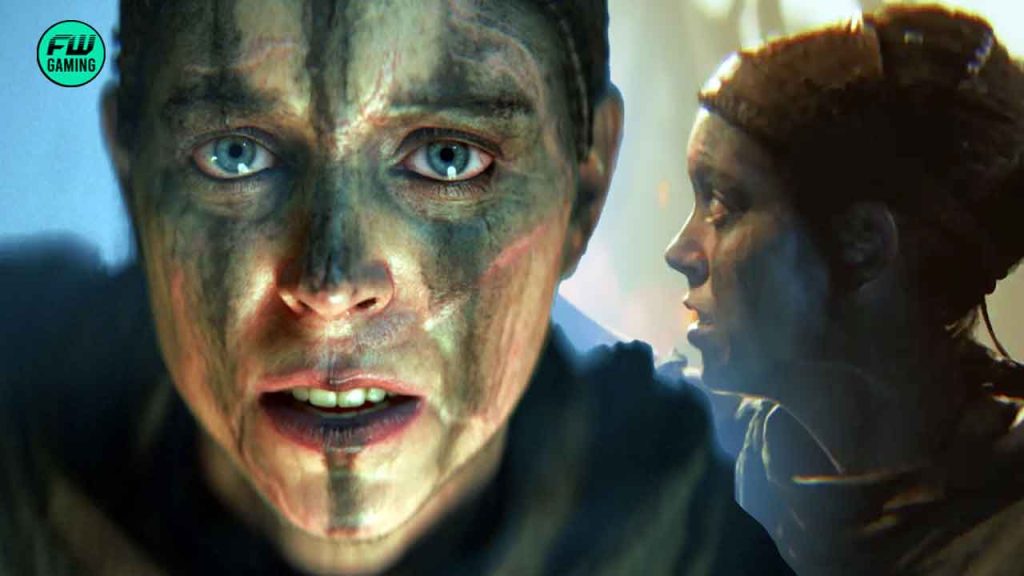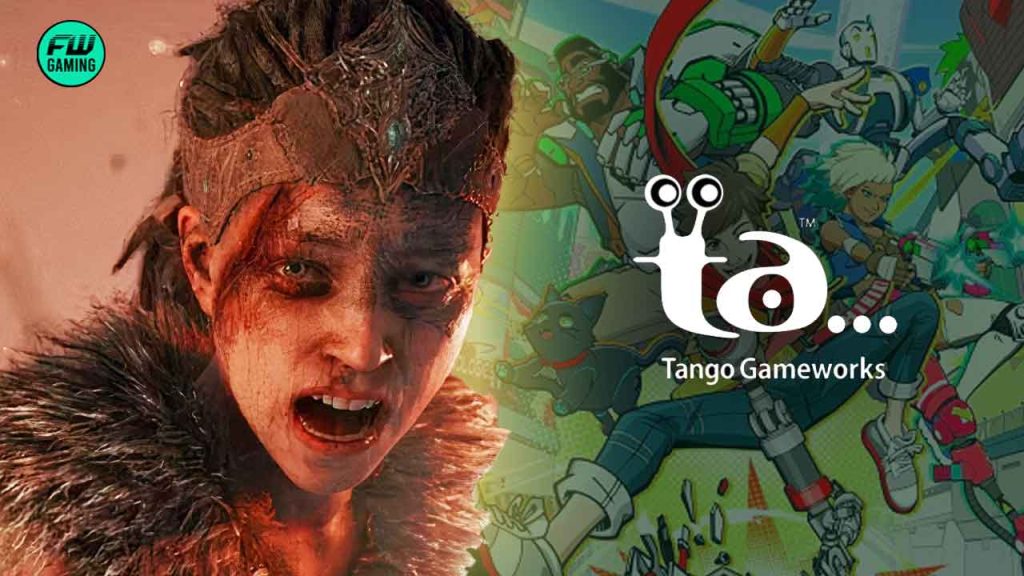Hellblade: Senua’s Sacrifice is widely celebrated for its intense depiction of a warrior’s journey through the Norse underworld. Released on August 8, 2017, this game dives deep into the harrowing experiences of its protagonist. Players experience the game from the titular character Senua’s perspective, a Celtic warrior grappling with her inner demons while traversing the Norse underworld.
The game’s realistic depiction of psychosis is both haunting and enlightening, reflecting extensive research and collaboration with mental health experts. This narrative interweaves her mental struggles with the mythology, presenting an authentic yet disturbing portrayal of her experiences.
How Professional Consultation Contributed to Hellblade’s Depiction of Mental Health

The creation of Hellblade was a labor of love for Ninja Theory, led by chief creative director Tameem Antoniades. The studio received a $395,000 grant from the Wellcome Trust to conduct extensive research on mental illness. This collaboration with mental health experts, including Professor Paul Fletcher from Cambridge University, ensured that Senua’s experiences were depicted with authenticity and sensitivity.
In an interview with VentureBeats, Tameem Antoniades talked about the kind of research and inspiration that went behind the game’s depiction of psychosis and mental illness.
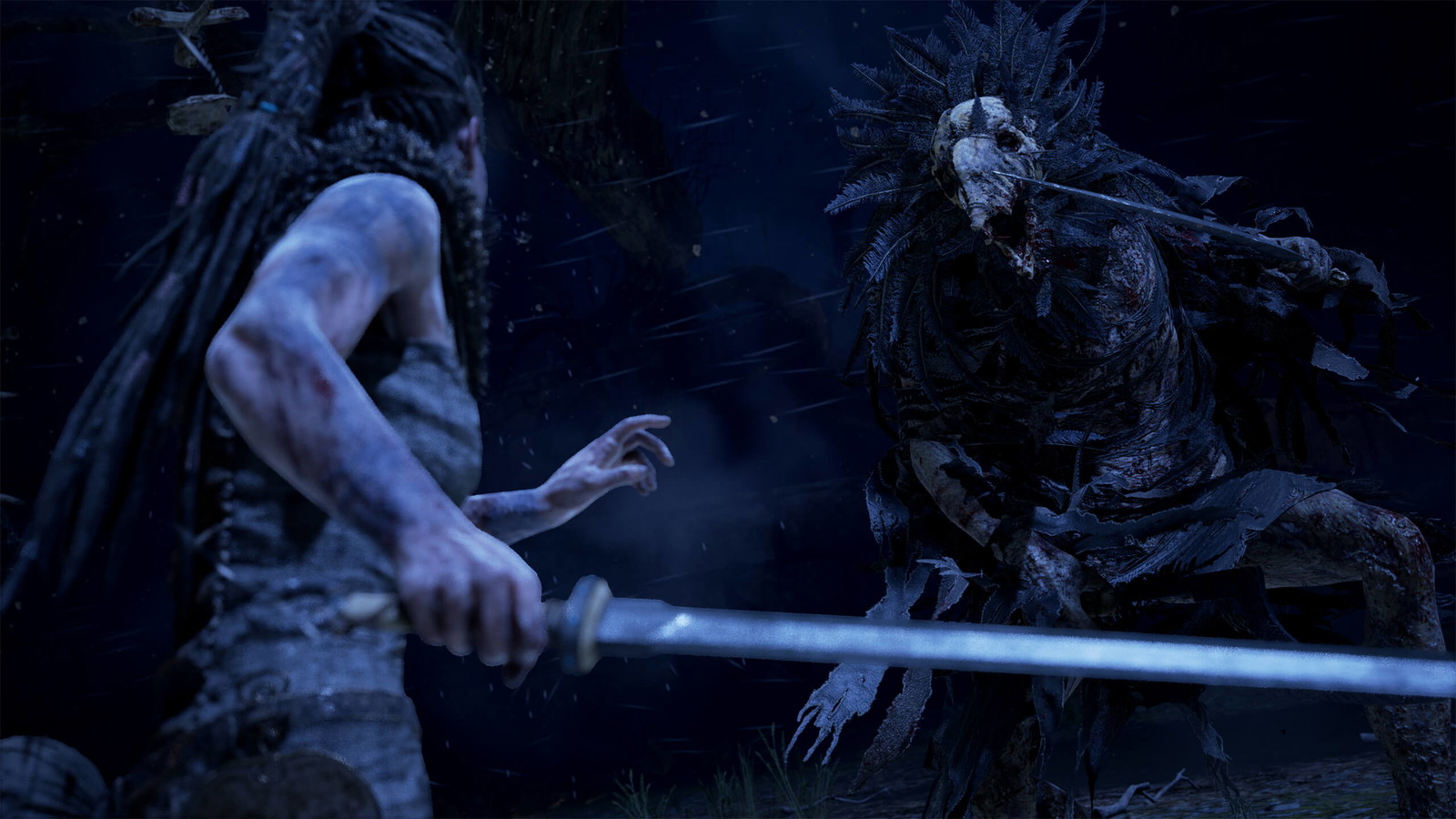
Throughout the development process, Ninja Theory consulted with various mental health professionals and individuals living with psychosis. Their input was crucial in shaping Senua’s character and the game’s narrative. The team also engaged with groups like Recovery College East and the Voice Collective, ensuring that a wide range of perspectives on psychosis were incorporated into the game’s design. This approach makes it a deeply empathetic and nuanced portrayal of what Ninja Theory wanted to achieve.
While the game received acclaim for its depiction of psychosis, it wasn’t without criticism. Some argued that certain aspects of the portrayal could inadvertently perpetuate misconceptions about mental illness. However, the overall response from both players and mental health advocates has been positive, recognizing Hellblade as a significant step toward destigmatizing psychosis and promoting mental health awareness.
Why Hellblade Could be Paving the Way for More Inspired Games
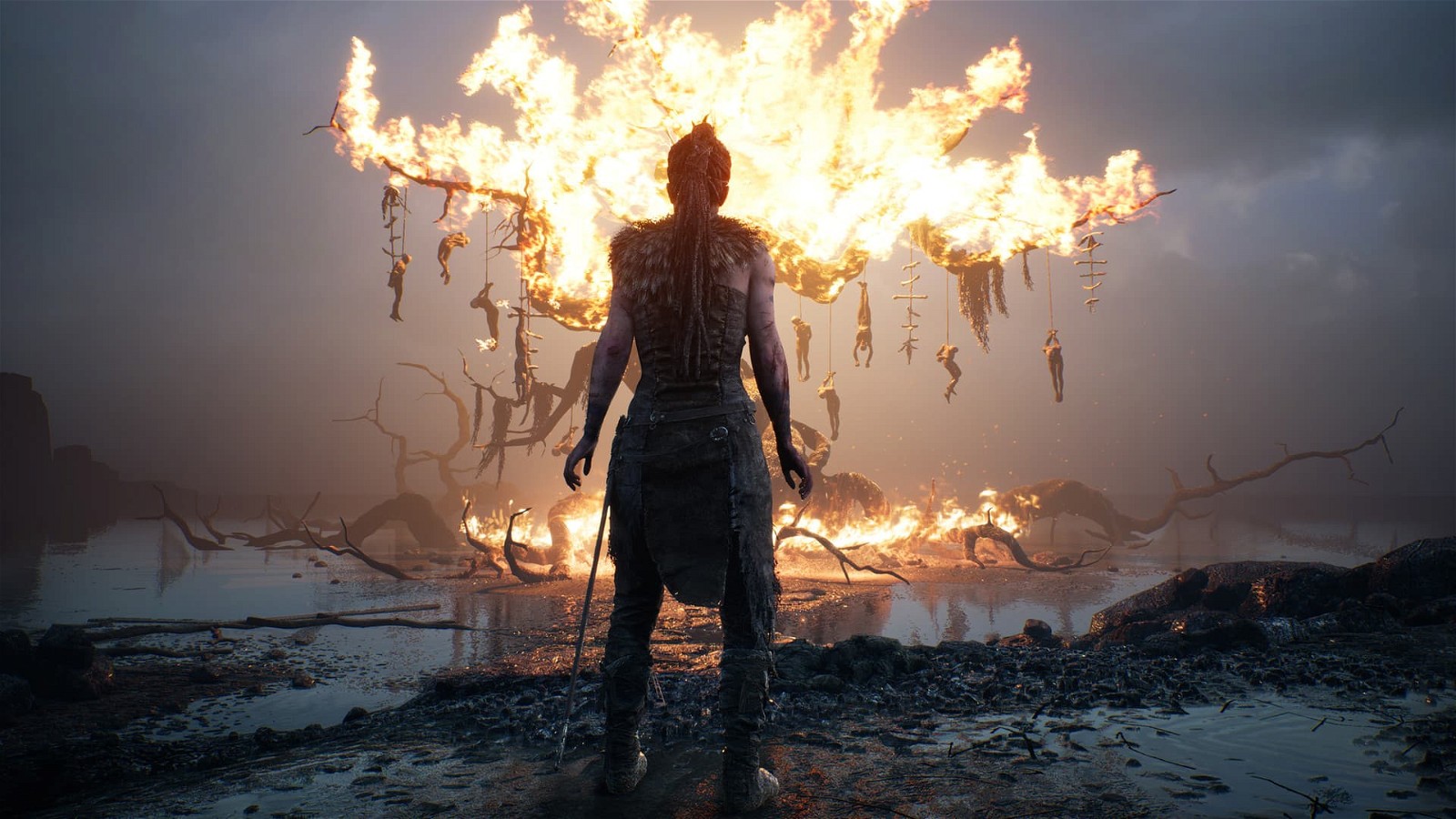
Hellblade’s impact extends beyond entertainment; it serves as an educational tool that challenges preconceived notions about mental illness. Placing players in Senua’s shoes offers a visceral experience of psychosis, fostering a deeper understanding of the condition. The success of Hellblade has paved the way for its sequel, Hellblade 2, which promises to continue exploring Senua’s mental health journey with the same dedication and sensitivity.
Hellblade: Senua’s Sacrifice is more than just a game; it’s a milestone in how mental illness is represented in entertainment. Through its meticulously researched depiction of psychosis, Hellblade has not only provided a compelling narrative but also contributed to a greater understanding of mental health issues. This achievement highlights the power of video games to educate and foster empathy, offering a new perspective on the experiences of those with mental disorders.

